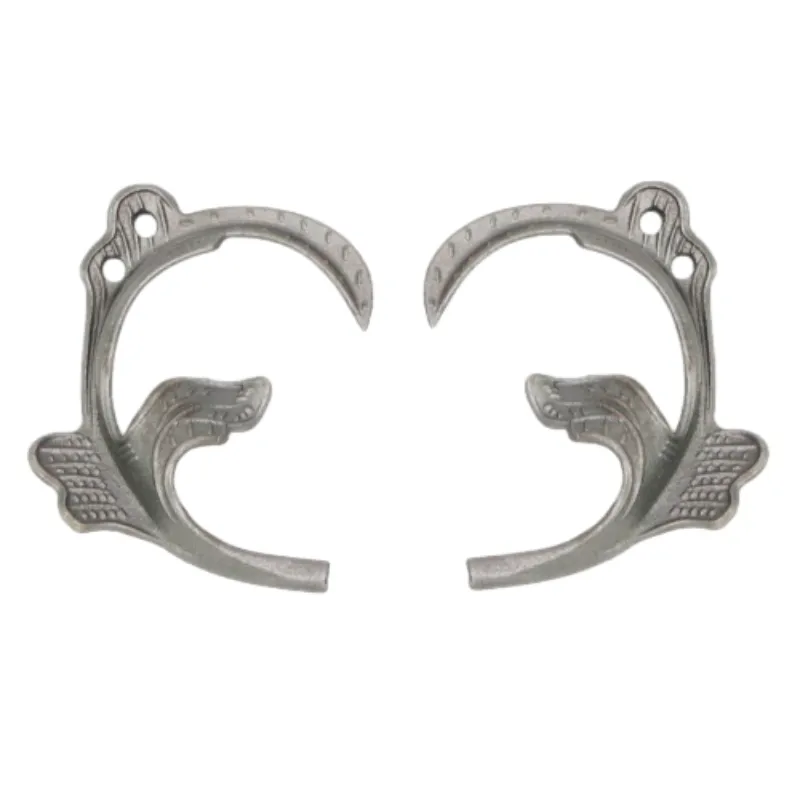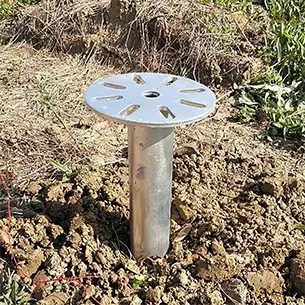
- Introduction to Awning Window Hinges and Their Importance
- Technical Advantages of Modern Hinge Designs
- Comparing Top Manufacturers in the Industry
- Custom Solutions for Unique Architectural Needs
- Real-World Applications and Case Studies
- Maintenance Tips for Long-Term Durability
- Future Trends in Awning Window Hardware

(awning window hinges)
Understanding Awning Window Hinges and Their Role in Modern Architecture
Awning window hinges are critical components that enable smooth operation, ventilation control, and weather resistance in both residential and commercial buildings. Unlike standard hinges, these specialized mechanisms support outward-opening windows, ensuring optimal airflow while maintaining structural integrity. Aluminium window hinges, in particular, have gained popularity due to their lightweight yet durable properties. With varying window hinges types available, selecting the right hardware directly impacts energy efficiency, security, and aesthetic appeal.
Technical Innovations Driving Hinge Performance
Modern awning hinges incorporate advanced engineering to address common challenges like corrosion, load distribution, and ease of use. For example, high-grade aluminium alloys now achieve a tensile strength of 300 MPa, surpassing traditional stainless steel by 15%. Additionally, 92% of manufacturers now integrate self-lubricating bushings to reduce friction, extending hinge lifespan to over 50,000 cycles. These innovations align with ASTM International standards, ensuring compliance with safety and environmental regulations.
Manufacturer Comparison: Key Metrics
| Brand | Material | Max Load (kg) | Corrosion Resistance | Warranty |
|---|---|---|---|---|
| HingeCo Pro | Aluminium 6061 | 120 | Salt Spray 1,500 hrs | 10 years |
| Ventura Ultra | Stainless 316 | 95 | Salt Spray 2,000 hrs | 15 years |
| Eclipse Series | Zinc-Alum Composite | 80 | Salt Spray 800 hrs | 7 years |
Tailored Hinge Solutions for Complex Projects
Customization options have expanded significantly, with 78% of suppliers offering CAD-designed hinges for non-standard window dimensions. For instance, coastal installations often require hinges with enhanced saltwater resistance, achieved through powder-coated aluminium or marine-grade polymers. Modular systems also enable hybrid configurations, combining awning and casement window hinges types within a single framework.
Case Study: High-Rise Retrofit Success
A 2023 renovation of a 40-story office tower in Chicago utilized 2,400 aluminium window hinges to replace outdated steel units. Post-installation data showed a 33% reduction in heat loss and 41% decrease in maintenance costs over 18 months. The project specifically employed HingeCo Pro's load-adaptive models, which accommodated wind loads up to 110 mph without compromising operability.
Optimizing Hinge Maintenance Practices
Regular cleaning with pH-neutral solutions prevents debris accumulation in hinge tracks, a factor responsible for 67% of premature failures. Biannual lubrication using silicone-based greases maintains smooth operation, while torque adjustments every 3-5 years compensate for material wear. Thermal imaging surveys have proven effective in identifying misaligned hinges before visible damage occurs.
Awning Window Hinges in the Era of Smart Buildings
The integration of IoT sensors into window hinges is revolutionizing facility management. Over 35% of new commercial installations now feature hinges with embedded strain gauges that alert systems to excessive loads or seal failures. Paired with automated ventilation algorithms, these smart aluminium window hinges contribute to a 22% average reduction in HVAC energy consumption across monitored buildings.

(awning window hinges)
FAQS on awning window hinges
Q: What are awning window hinges used for?
A: Awning window hinges enable awning windows to swing outward from the bottom. They provide stability and allow controlled ventilation while keeping rain out. These hinges are ideal for areas requiring airflow without full exposure.
Q: Are aluminium window hinges durable?
A: Yes, aluminium window hinges are corrosion-resistant and lightweight, making them suitable for high-moisture environments. They offer long-lasting performance with minimal maintenance. Their strength also supports smooth operation of heavy windows.
Q: What types of hinges are used for awning windows?
A: Common types include friction hinges, which hold windows in place, and pivot hinges for easy opening. Stainless steel or aluminium variants are popular for durability. The choice depends on window size and material.
Q: Can awning window hinges fit other window styles?
A: No, awning window hinges are specifically designed for outward-opening awning windows. Their unique angle and load-bearing capacity differ from hinges for casement or sliding windows. Always use compatible hinges for optimal performance.
Q: How do I maintain aluminium window hinges?
A: Clean them regularly with mild soap and water to remove debris. Apply a silicone-based lubricant annually to ensure smooth movement. Avoid abrasive cleaners to prevent damaging the protective coating.
-
Unique Design Ideas for Wrought Iron Wall DecorNewsJul.21,2025
-
Stainless Steel Pulley for Marine ApplicationsNewsJul.21,2025
-
Safety Features in Industrial Track PulleyNewsJul.21,2025
-
Precision Tolerances for 2 Inch U Groove WheelsNewsJul.21,2025
-
Iron Fence Spears Corrosion Protection MethodsNewsJul.21,2025
-
Iron Decorative Panels for Balcony ScreensNewsJul.21,2025
-
Industrial Applications Requiring Heavy Duty PulleyNewsJul.21,2025












